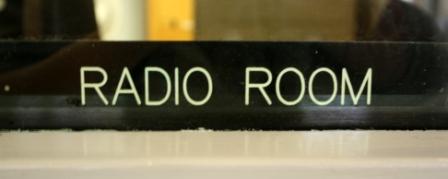-
Stay calm. It's important to take a deep breath and not get excited. Any situation that requires 911 is, by definition, an emergency. The dispatcher knows that and will try to move things along quickly, but under control.
-
Know the location of the emergency and the number you are calling from. This may be asked and answered a couple of times but don't get frustrated. Even though many 911 centers have enhanced capabilities -- meaning they are able to see your location on the computer screen -- they are still required to confirm the information. If for some reason you are disconnected, at least emergency crews will know where to go and how to call you back.
As the call progresses, you will hear clicking - do not hang up!
-
Wait for the dispatcher to ask questions, then answer clearly and calmly. If you are in danger of assault, the dispatcher will still need you to answer quietly, mostly "yes" and "no" questions.
-
Let the dispatcher guide the conversation. He or she is typing the information into a computer and may seem to be taking forever. There's a good chance, however, that emergency services are already being sent while you are still on the line.
-
Follow all directions. In some cases, the dispatcher will give you directions. Listen carefully, follow each step exactly, and ask for clarification if you don't understand.
-
Keep your eyes open. You may be asked to describe victims, suspects, vehicles, or other parts of the scene.
-
Do not hang up the call until directed to do so by the dispatcher.
Tips:
-
No matter what happens - Stay Calm.
-
Cell phones may not tell the dispatcher where you are. State the address you're calling from or be able to give clear descriptions of landmarks around you.
-
Never program 911 into your automatic dialer (phone memory). You're not going to forget the number and accidental 911 calls are more likely with auto-dialers. If someone calls 911 and doesn't speak, emergency services must still be dispatched.
-
It is also noteworthy to mention that disconnected cell phones are programmed to dial 9-1-1 when turned on and dialed (any number). For instance, small children can be repeatedly dialing 9-1-1 from an old cell phone that he/she has been playing with and not know it! Emergency teams are required to respond regardless of the mix up!
Information taken from http://firstaid.about.com/od/callingforhelp/ht/06_Good911.htm author Rod Brouhard
